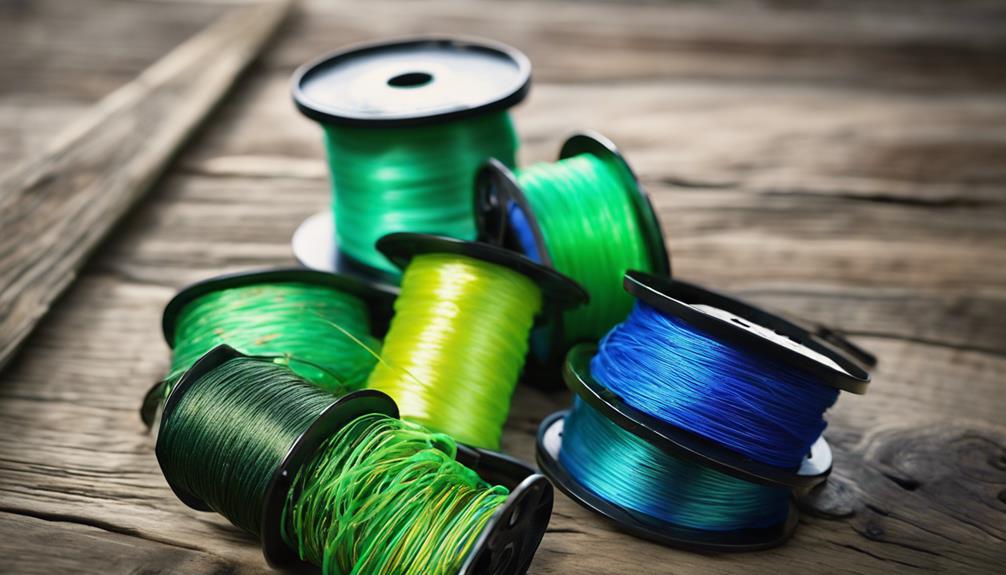Fishing is a beloved pastime for many, offering a chance to enjoy nature, relax, and even catch dinner. However, understanding the regulations surrounding fishing licenses is crucial for every angler. In this comprehensive guide, we will explore when you need a fishing license, the different types of licenses available, and the consequences of fishing without one.
What Is a Fishing License?
A fishing license is a legal document that grants individuals permission to fish in designated waters. The requirements for obtaining a fishing license can vary significantly by state or country, as each jurisdiction has specific rules and regulations. These licenses help manage fish populations, protect aquatic ecosystems, and ensure that fishing remains a sustainable activity.
Why Do You Need a Fishing License?
Fishing licenses serve several essential purposes. Firstly, they help regulate fishing activities to prevent overfishing and protect endangered species. Secondly, the funds collected from fishing licenses often contribute to conservation efforts, habitat restoration, and improving fishing facilities. Lastly, having a fishing license ensures that you are following the law, which can save you from hefty fines and legal troubles.
When Do You Need a Fishing License?
You typically need a fishing license when you plan to fish in public waters. The specific requirements can vary based on several factors, including the type of fish you intend to catch, your location, and your age. In general, if you’re over a certain age—often 16 or 18—you’ll be required to obtain a fishing license. However, some states offer exemptions for young anglers, seniors, or disabled individuals. Always check your local regulations to confirm when you need a fishing license.
Types of Fishing Licenses
Fishing licenses come in various forms to accommodate different needs and preferences. Common types include the following:
1. Resident Fishing License: Issued to individuals who reside in a particular state, often at a lower cost than non-resident licenses.
2. Non-Resident Fishing License: Required for individuals who wish to fish in a state where they do not reside. These licenses are typically more expensive.
3. Specialty Licenses: Some states offer specialty licenses for specific types of fishing, such as saltwater fishing, freshwater fishing, or fishing for particular species.
4. Temporary Fishing License: Ideal for tourists or occasional anglers, these licenses are valid for a short duration, allowing fishing without committing to an annual license.
5. Youth Licenses: Many states offer reduced-cost or free licenses for young anglers to encourage fishing among youth.
How to Obtain a Fishing License
Getting a fishing license is usually a straightforward process. Most states allow you to purchase a fishing license online, at designated retail stores, or through local government offices. To obtain a fishing license, you typically need to provide personal information, such as your name, age, and residency status. Additionally, you may be required to complete a fishing education course, especially if you are a first-time angler or a young person.
Fishing License Exemptions
While most anglers need a fishing license, there are some exemptions to be aware of. For instance, many states designate specific days, often referred to as “free fishing days,” when individuals can fish without a license. Additionally, certain populations—such as children under a specific age, veterans, or individuals with disabilities—might be exempt from needing a fishing license. Always check local regulations to understand any exceptions that may apply to you.
Consequences of Fishing Without a License
Fishing without a license can lead to serious consequences, including fines, confiscation of fishing gear, and even criminal charges in severe cases. The fines for fishing without a license can range from a small penalty to thousands of dollars, depending on the severity of the infraction and local laws. Additionally, being caught fishing without a license may result in a permanent mark on your record, potentially affecting future fishing opportunities.
Conclusion: Stay Compliant and Enjoy Fishing
Understanding when you need a fishing license is crucial for anyone looking to enjoy this engaging activity legally and ethically. By obtaining the appropriate licenses, you support conservation efforts and ensure that fishing remains a sustainable pastime for future generations. Be sure to check your local regulations and stay informed about any changes to fishing license requirements. Happy fishing!
By following these guidelines and understanding when you need a fishing license, you can enjoy your angling adventures without worry. Whether you’re casting a line in a serene lake or a bustling river, being compliant with fishing regulations allows you to immerse yourself in the beauty of nature while respecting the environment.
